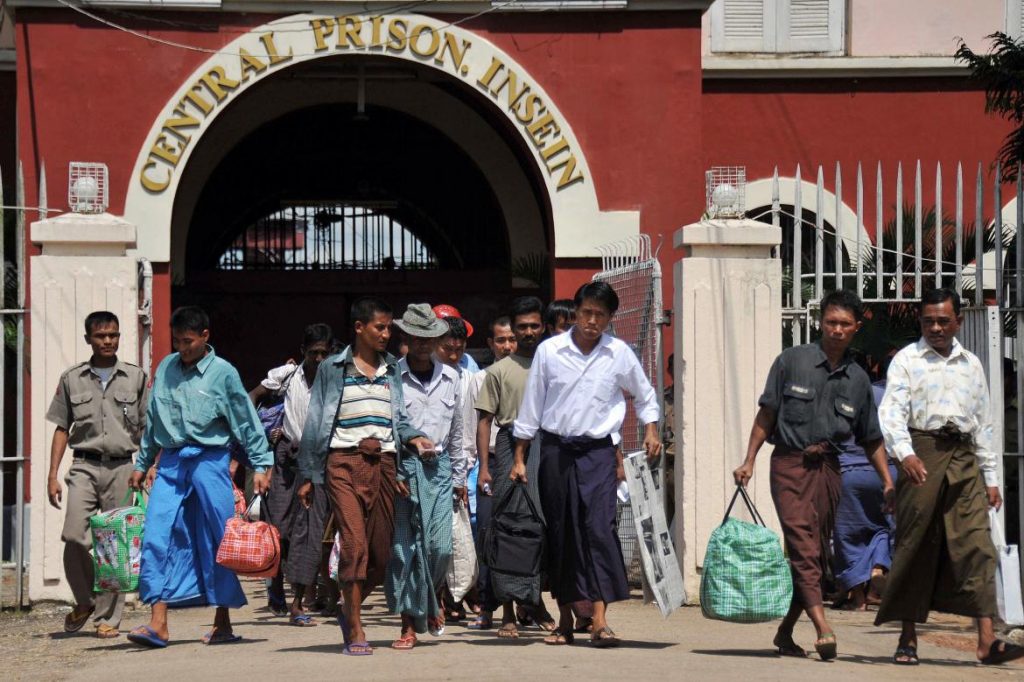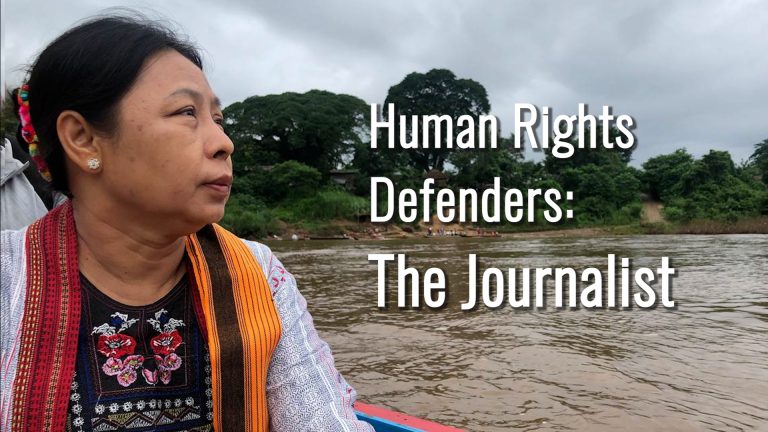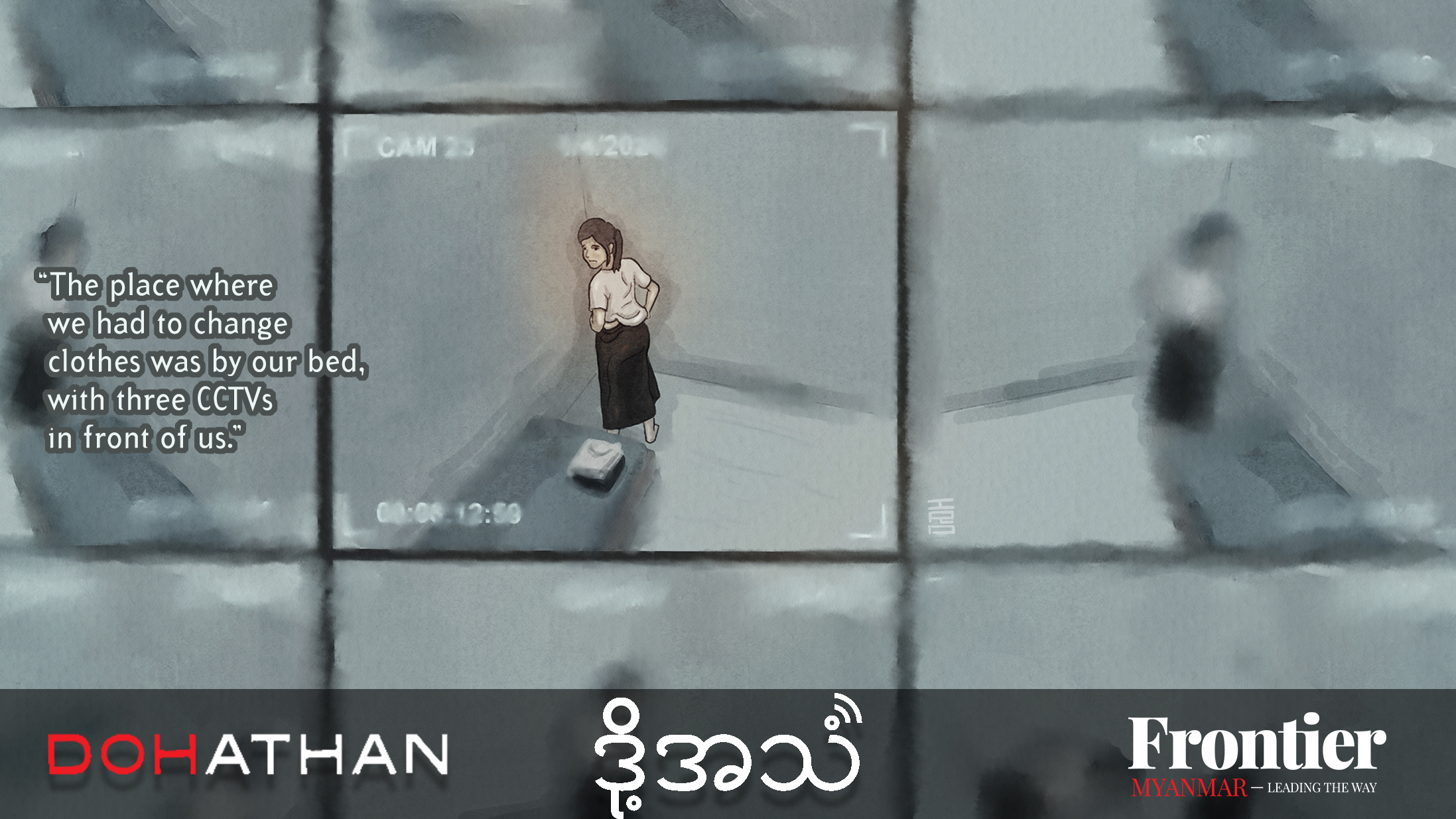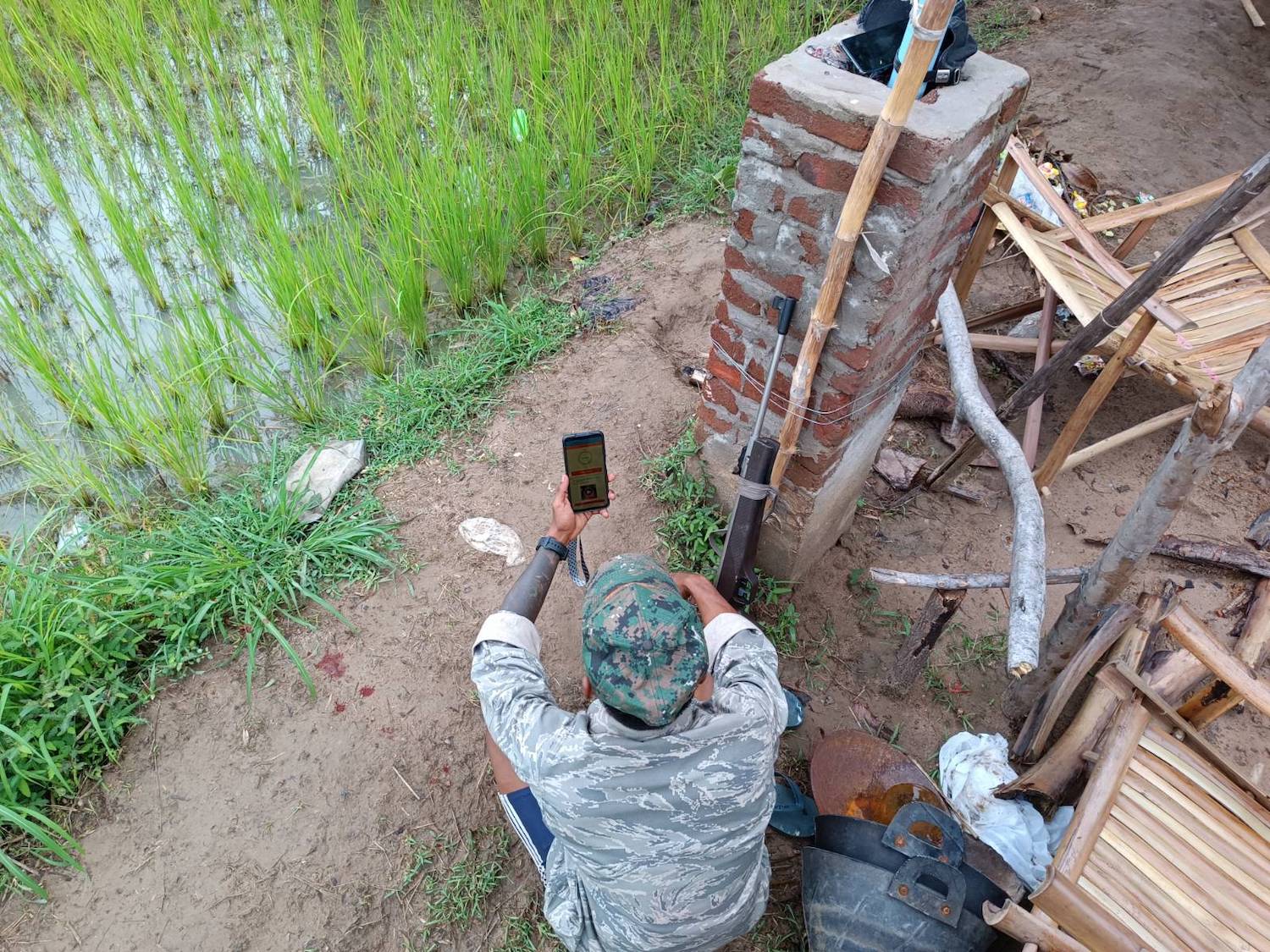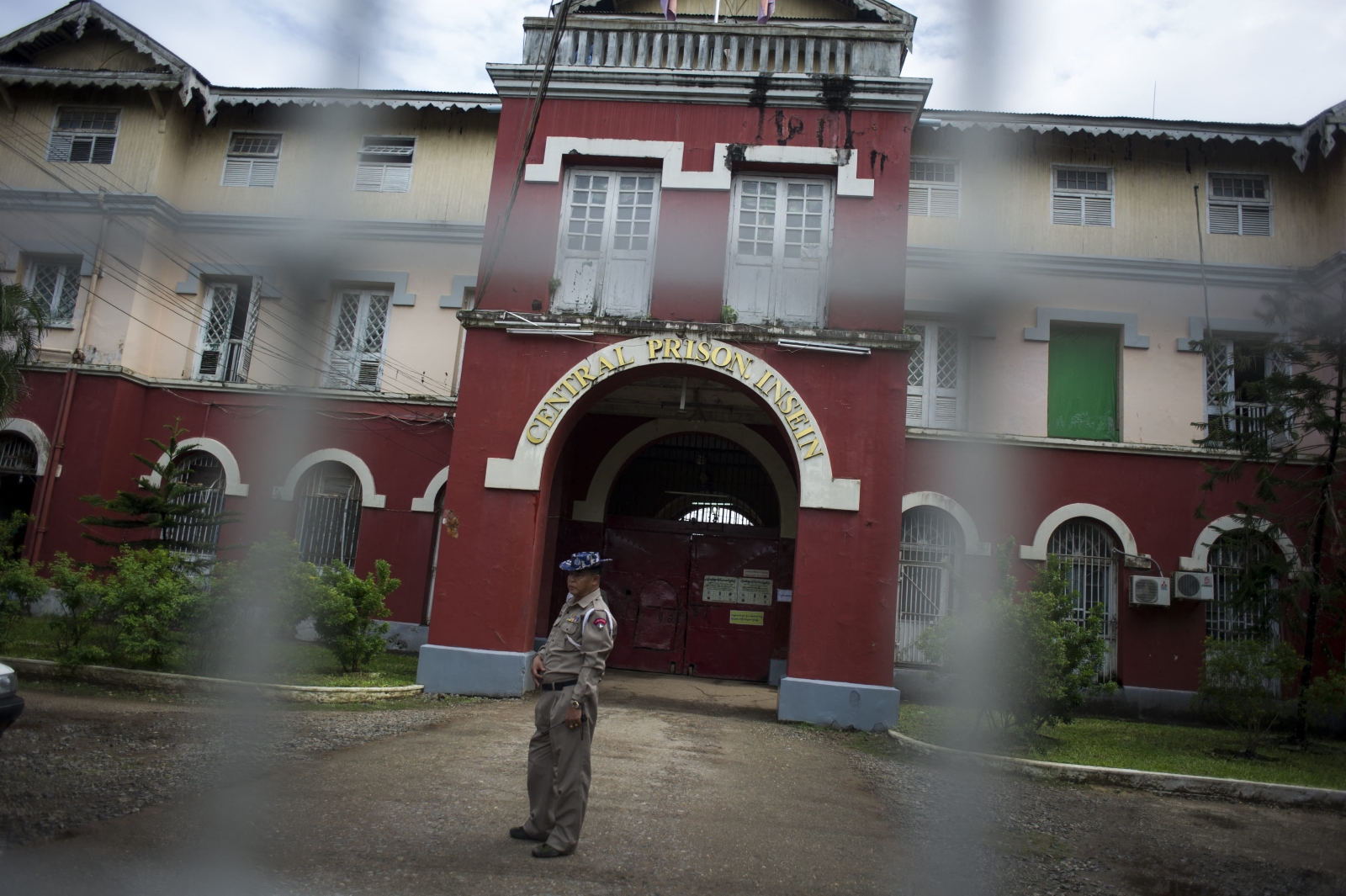A draft law on prison reform is a significant improvement over earlier legislation but falls far short of international human rights standards, Amnesty International says.
The watchdog organisation was referring to the draft Prisons Law submitted to parliament in July last year to replace the 1894 Prisons Act, the 1900 Prisoners Act and the 1920 Identification of Prisoners Act.
It was “heartening” that the government and MPs, many of whom suffered torture and other abuses while serving jail terms, were considering prison reforms, Amnesty said in a statement on November 10.
However, it said the proposed legislation failed to prohibit torture and other mistreatment or include safeguards against abuses such as unlawful detention and forced labour.
“As it stands, the draft will still leave people vulnerable to the human rights abuses that earned Myanmar’s prison system its bad name in the first place,” said Mr Rafendi Djamin, Amnesty’s director for Southeast Asia and the Pacific.
Support more independent journalism like this. Sign up to be a Frontier member.
In a briefing paper titled Myanmar: Bring rights to prisons, Amnesty has suggested changes to the draft law, including provisions requiring mandatory independent monitoring of prison conditions and the establishment of an independent complaints mechanism for prisoners.
Such measures would create greater transparency in a prison system that has long relied on secrecy, it said.
The paper also urges MPs to include provisions in the draft law that guarantee minimum standards of health, food, potable water, accommodation, sanitation and hygiene. It also calls for provisions that address the special needs of juveniles and regulate the use of force by prison officials.
Amnesty has recommended that some provisions in the draft law be removed, including the use of restraints and prolonged solitary confinement as disciplinary measures.
“Our briefing is designed to help lawmakers with their task,” Djamin said.
“We welcome the spirit behind the new draft prison law, which will replace laws that are more than a century old and have no place in a modern, rights-respecting society,” he said.
“The recommendations we have made are there to help Myanmar break with a tradition of appalling prison practices and move towards a prison system that is focused on rehabilitation which treats detainees humanely.”


